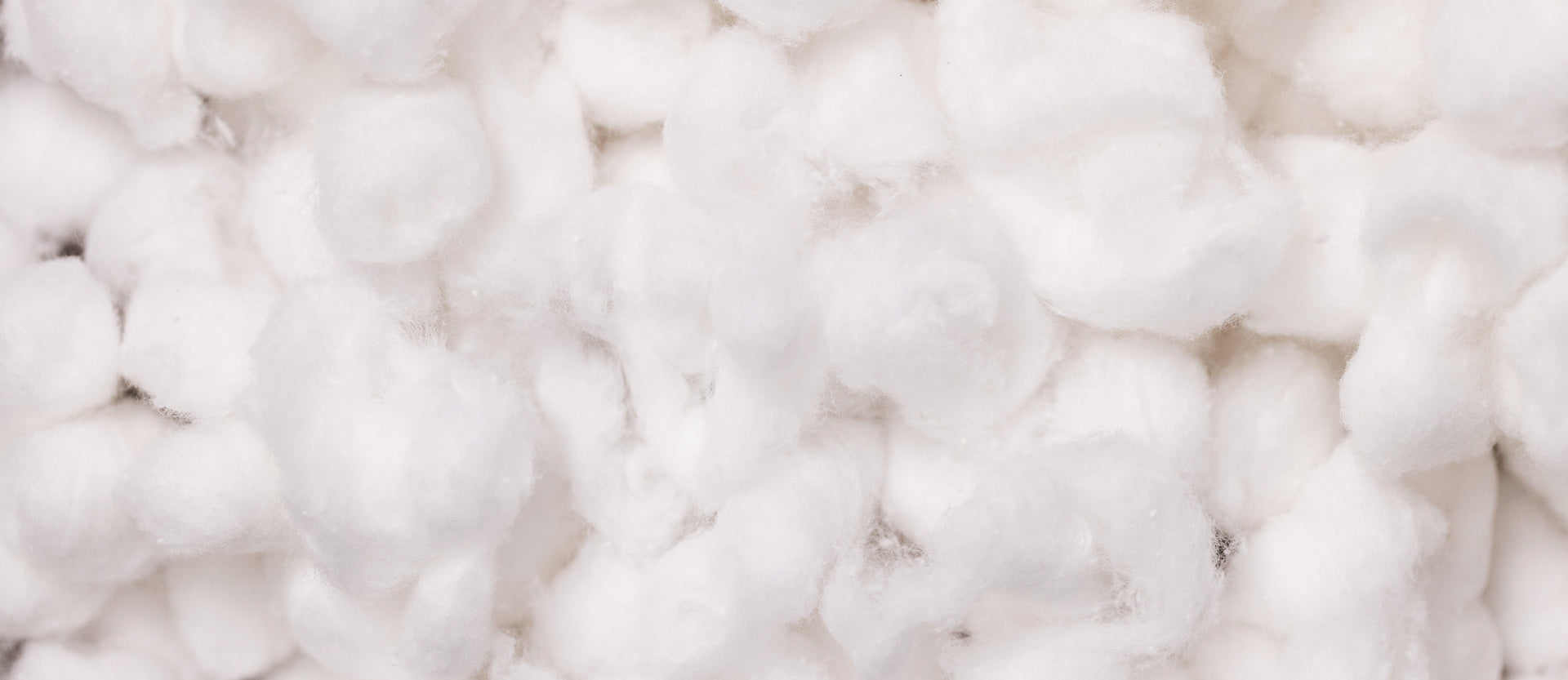A recent pilot study tested tampon brands for endocrine disrupting hormones.
Using products sold in New Zealand.

A ground-breaking study has shown a commercially available tampon commonly sold contains chemicals that, when inside the body, have been linked to disruptions in hormone regulation and are associated with breast and ovarian cancers.
Conducted by Insitugen and developed at the University of Otago, New Zealand, the pilot study focused on the potential health impacts of using tampons made with synthetic fibres.


The endocrine system comprises glands that produce hormones that influence metabolism, energy level, reproduction, growth, mood and stress response.
The study found that three brands tested, including Oi, showed no disruptive activity.
However, one commercially available brand exhibited significant endocrine-disrupting chemical (EDC) activity.
We believe that people have the right to know what goes into their bodies
“Until now, we have worried about harmful chemical leaching in our rivers and lakes, but not in our bodies. If we are using period products inside our bodies for forty years, why wouldn’t people want to know if these products have been linked to cancer?”


Insitugen Chief Scientist and University of Otago Professor of Physiology Alison Heather says plastics can contain xenoestrogens.
“The tampon brand that has shown significant endocrine-disrupting activity is composed of plastics, which contain xenoestrogens, a substance that can mimic estrogen inside the body.”
Dr Emma Ellis, a specialist obstetrician and gynaecologist, concurs estrogen dominance can result in various health issues and can contribute to infertility. “We are understanding more and more about estrogen and estrogen receptors. It’s becoming clearer that estrogen receptors are located in many different tissues and not just those involved in reproduction.
“While tampons may all look alike, science proves that this is not the case"


Clare Morgan, CEO of Organic Initiative, says Oi period products have no risk of chemical leaching because they are made free from synthetics, plastics and toxic chemicals, and its tampons are made from certified organic cotton.
“We won’t be naming or shaming any of the brands involved in the study as the pilot tested a selection and not all the tampon brands sold in supermarkets.
But we do want to lift the lid on these health risks, and women deserve to know about these risks.”





